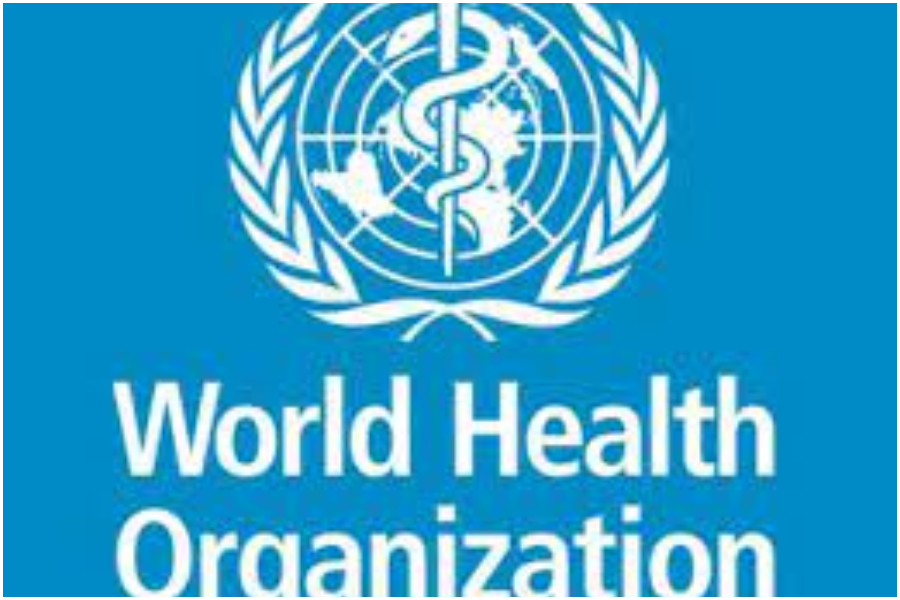The first global survey has been unveiled by the World Health Organisation (WHO) to better understand and address the needs of all persons affected by cancer on Tuesday.
According to a statement made by WHO, the survey was part of a broader campaign, designed with and intended to amplify the voices of cancer survivors, caregivers and the bereaved .
The survey is part of WHO’s Framework for Meaningful Engagement of People Living with Noncommunicable diseases (PLWNCDs).
The framework of the WHO was a commitment to respectfully and meaningfully engage PLWNCDs in co-designing policies, programmes, and solutions.
The survey results will feed into the design of policies and programmes to offer better well-being in the context of a cancer diagnosis and co-create solutions for the future, it said.
The Director-General of WHO, Dr Tedros Ghebreyesus, said that almost every family globally have been affected by cancer, either directly, one in five people are diagnosed with cancer during their lifetime or as caregivers or family-members.
The Director-General said a cancer diagnosis triggers a broad and profound effect on the health and well-being of all those involved.
For too long, the focus in cancer control has been on clinical care and not on the broader needs of people affected by cancer.
Global cancer policies must be shaped by more than data and scientific research, to include the voices and insight of people impacted by the disease, he said
The President of the American Childhood Cancer Organisation, Mrs Ruth Hoffman, also said that recent studies have shown that nearly half of people diagnosed with cancer experience anxiety and loss of faith and may be abandoned by their intimate partners.
According to Hoffmann, in low and middle income countries, financial hardship and loss of assets can be experienced by 70 per cent or more of those affected.
When my daughter was diagnosed with cancer, our lives changed drastically and in ways that we did not expect.
The effects of cancer last a lifetime, Hoffman said.
Furthermore, the Director of the Department of Noncommunicable Diseases at WHO, Dr Bente Mikkelsen, said that understanding and amplifying the lived experiences of people affected by cancer can create more effective and supportive systems.
He added that the needs and preferences of people with cancer and their caregivers is yet to be known by providers and policy-makers.
We are making a long-term commitment to place people affected by cancer properly at the center of the agenda, to co-create better solutions.
This campaign will include four phases: releasing the global survey, hosting national consultations, presenting best practices and implementing community-led initiatives.
We are ready to open a new chapter and improve the well-being of people affected by cancer, the director said.
Mikkelsen, also said that the ambition of the global survey was to reach more than 100,000 responders from 100 countries.
He said majority of their responders are those living in low- and middle-income countries.
The Director said that the survey results are not expected till early 2023.
He added that the results will be used to shape policies, programmes and services for people affected by cancer globally.
